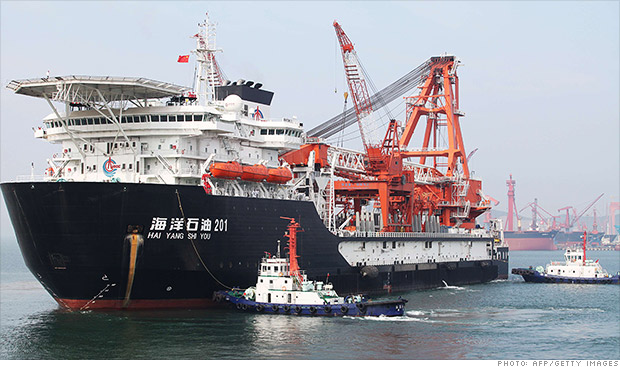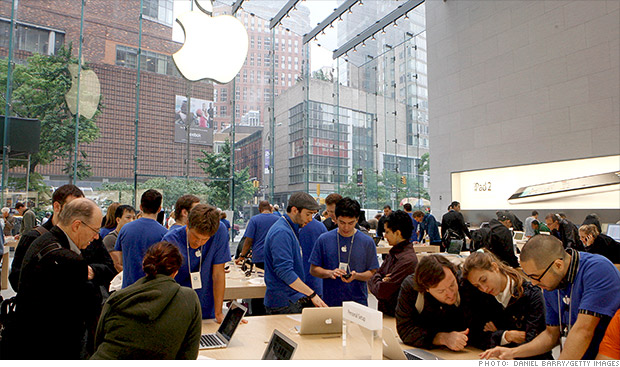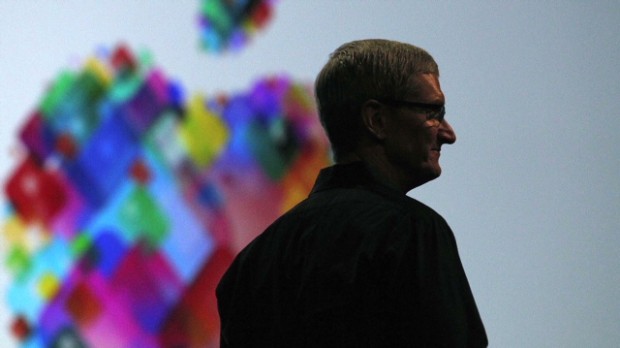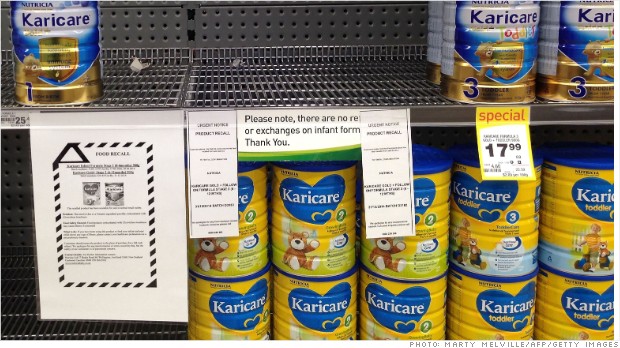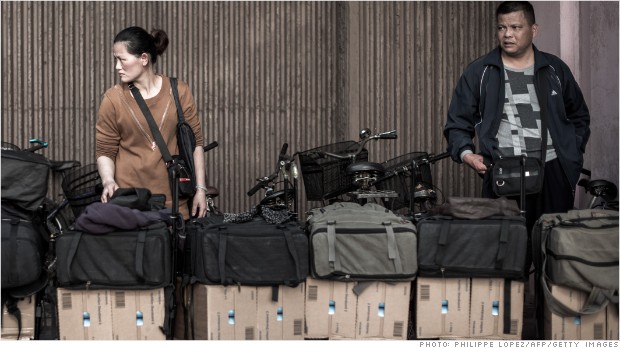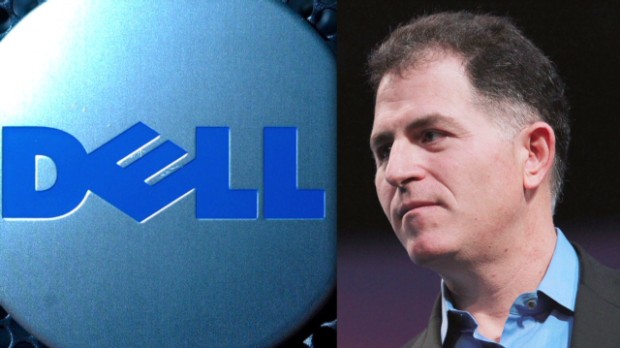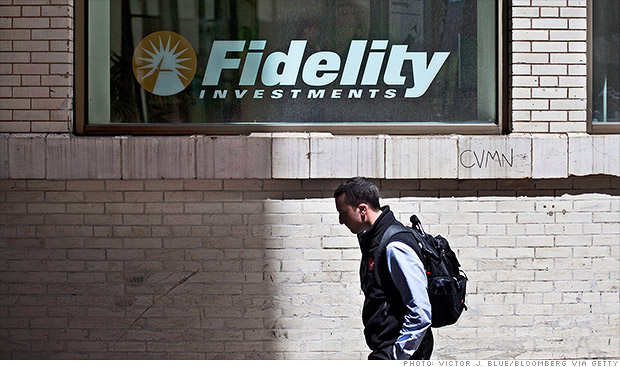
With over $14 billion in assets, Fidelity Magellan is a fairly large, widely owned portfolio. But in its heyday, Magellan was quite simply Wall Street's best brand -- a living advertisement for the notion that a gifted fund manager can consistently beat the market.
Peter Lynch, who ran the fund until 1990, earned an annualized return of 29% over his 13-year tenure. Subsequent managers failed to repeat his success, and under the last one, Harry Lange, performance was sometimes dismal.Can new manager Jeffrey Feingold turn this ship around?
How the giant fell
The history of Magellan (FMAGX) offers a lesson: A fund's past successes can be a burden on current owners.
Lynch's legacy kept the fund popular through the 1990s, and it ultimately hit a then-record $100 billion. Once a fund is that big, however, it can get trapped in a box.
The key to Lynch's success, says mutual fund consultant Geoff Bobroff, was that he could bet big on just about anything. A giant fund, by contrast, can have a hard time finding enough winners on which to spread its billions.
Related: Invest your way to $1 million
One Magellan manager, Robert Stansky, made the fund more like the S&P 500. Lange made big strategic shifts, such as a badly timed bet on financial and foreign stocks coming into 2008. By 2011, as investors left, size wasn't such a problem.
So far, so good
Fund manager Feingold beat the majority of funds in Magellan's large-growth category in 2012, his first full year on the job, and he's so far on track to win again this year. This builds on Feingold's solid record running Fidelity Trend (FTRNX), another fund that focuses on blue chips with high earnings growth rates and comparatively steep valuations.

